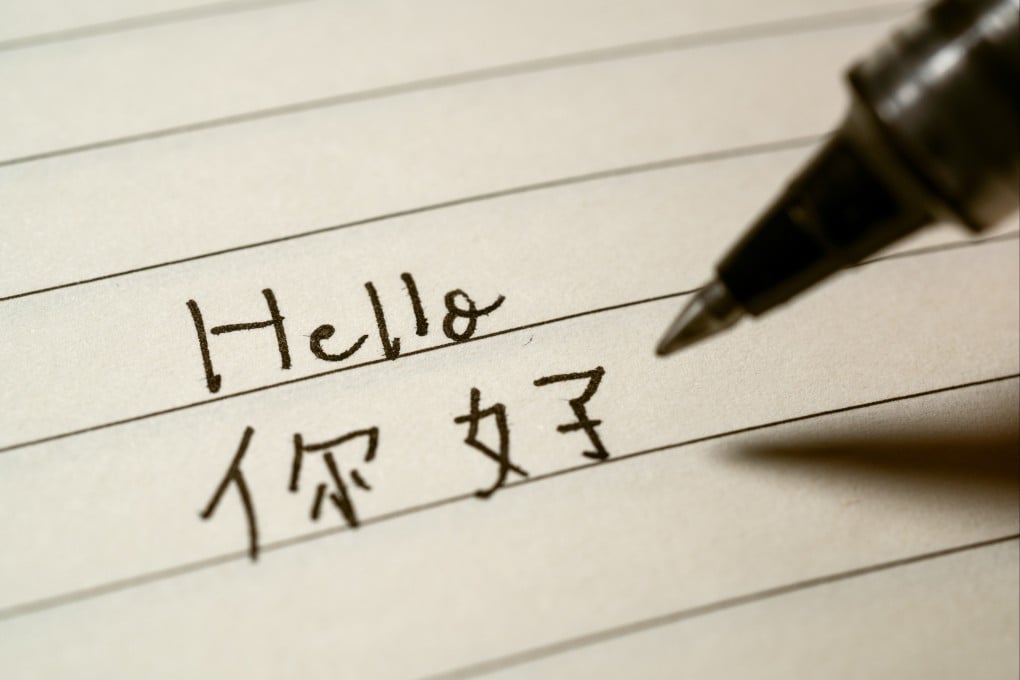Letters | Multilingual writers enrich the world’s literary canon
Readers discuss the challenges and rewards of writing in a non-native language, the decline in student performance in Hong Kong and hiring civil servants with disabilities

Feel strongly about these letters, or any other aspects of the news? Share your views by emailing us your Letter to the Editor at letters@scmp.com or filling in this Google form. Submissions should not exceed 400 words, and must include your full name and address, plus a phone number for verification
Nabokov, born in 1899 in St Petersburg, penned his first nine novels in Russian while living in Berlin. After emigrating to the United States in the 1940s, he began writing in English, garnering international acclaim for works such as the infamous Lolita (1955). His writing is celebrated for its intricate wordplay, vivid imagery and complex narratives. Yet, despite his success, Nabokov expressed profound sorrow over abandoning his native tongue, describing it as his “natural idiom” – “untrammelled, rich, and infinitely docile”.
Innovative literary techniques and unique perspectives can emerge from bilingualism. Writing in a second language can facilitate rich, layered expression, allowing authors to explore themes and ideas that might be constrained in their native tongue. This resonated with Zhang, who found liberation and creativity in English while also acknowledging the role of cultural and emotional nuances.
Another poignant example I would like to add is Russian-American poet and essayist Joseph Brodsky. Expelled from the Soviet Union in 1972, Brodsky continued to flourish in the US, writing in both Russian and English. Brodsky’s poetry often grapples with themes of exile and identity, earning him the Nobel Prize in Literature in 1987 for his “all-embracing authorship, imbued with clarity of thought and poetic intensity”.
As a non-native speaker, writing in English entails navigating dual identities. On one hand, there is a desire to stay true to one’s cultural roots and linguistic nuances. On the other, there is the necessity to adopt the idiomatic expressions and structural norms of English. This balancing act can create inner conflict, leading to a sense that one’s authentic voice may be lost in translation.